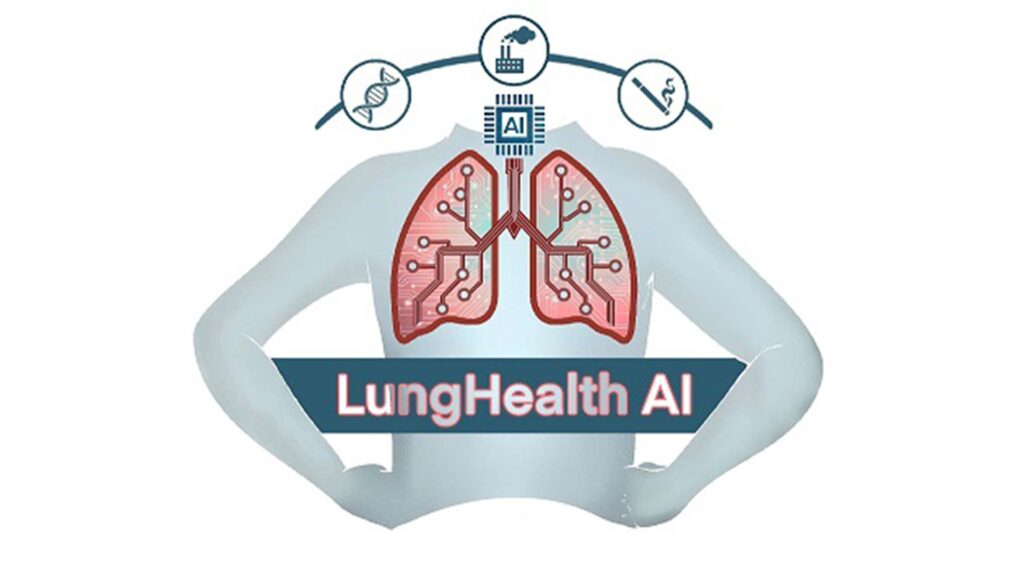
Lung cancer is the 3rd most common cancer in the UK, accounting for 13% of all new cancer cases with abysmal survival and a large unmet clinical need. This dismal survival statistics could be improved through early detection and diagnosis which may allow more treatment options. Low-dose CT screening for lung cancer can facilitate early detection. However, several challenges remain including the unmet need of how best to select subjects to screen in a cost-effective manner due to a lack of established and validated tools. Our goal is to develop a ‘proof-of-concept’ involving an artificial intelligence (AI) system aiming to transform the early diagnosis of lung cancer, using longitudinal data (demographic, lifestyle, HES, etc.) to discover the hidden spatiotemporal evolving patterns within multimodal data. Our hypothesis is that such ‘hidden patterns’ perhaps not visible to the human eye, that are responsible for transforming pre-diagnosis to diagnosis. We hope to answer to ‘what’ patterns/relations and in ‘whom’ and ‘when’ this transformation is likely to occur.




